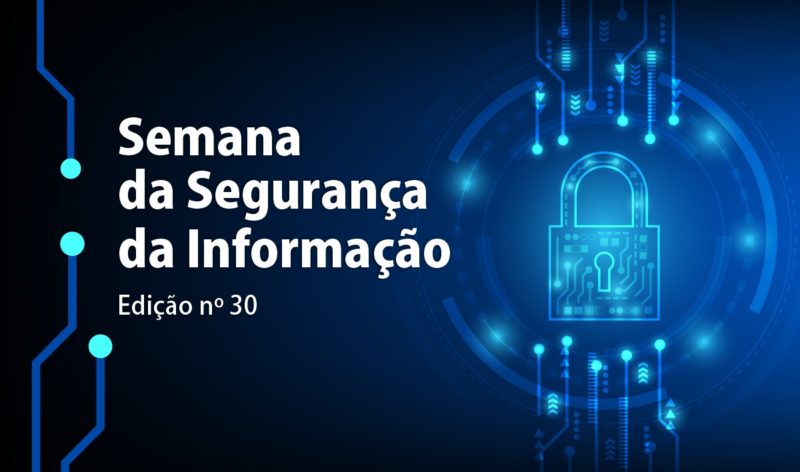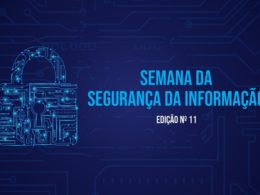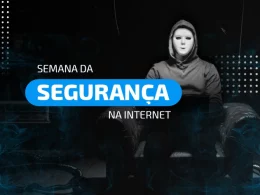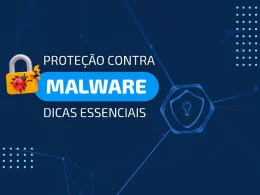In issue No. 30 of the Information Security Week, 12,000 Brazilians are victims of WhatsApp cloning per day, Lendico suffers hacker invasions, eight million Freepik credentials have been stolen, business segments that need more care with data security and more.
News
12 thousand Brazilians are victims of WhatsApp cloning per day
WhatsApp's cloning has become the most popular digital crime in Brazil in 2020, with no less than 12,000 people becoming a victim of the attacks every day.
By Felipe Demartini in Canaltech
Loan startup has a hacker invasion
In a statement, Lendico regrets the attack and states that all appropriate measures related to the incident are already being taken. The electronic platform was down for a few days.
In digital look
What to do by falling into a virtual blow?
Being a victim of any kind of coup should not be seen as ingenuity or ignorance regarding the use of networks.
By Dane Avanzi in Bem Paraná
6 business segments that need more care with data security
Some business segments should be extra careful when it comes to information security.
By Kelvin Zimmer on Lumiun Blog
More than 47 million phishing attempts were recorded in 2020
Although four out of ten respondents admit it to have already been the victim of malware on their device, 14% of them do not have any protective tool on their machine.
By Ramon de Souza in Canaltech
Chinese hackers stole Spanish vaccine information against Covid-19
US Court accuses Beijing for cyber attacks in 11 countries, including Spain.
In El País Brasil
Twitter increases employee account security due to elections
'High Level' accounts received new protection measures. Politicians and the main US news vehicles are also included.
By Guilherme Preta in Digital Look
How does the fake email blow work?
One of the most effective methods used by hackers is the fake email blow. Knowing about the innocence of many users, this type of malicious attack spreads on the internet quite effectively.
By Kelvin Zimmer on Lumiun Blog
Tool Tips
Test the security of your internet
Do you know if your staff, students or family are protected against phishing , malware , pornography racism or terrorist content ?
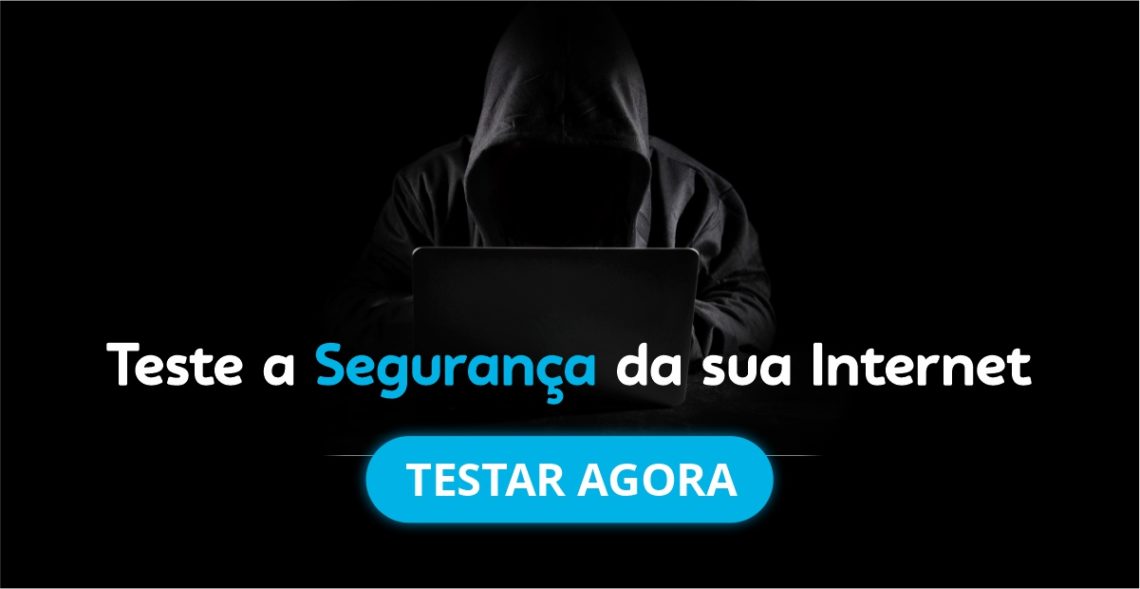
In the test will be made requests for access to various sites that are within the categories considered insecure, from your internet connection, such as:
- Phishing and online fraud
- Malware and Spyware
- Access Anonymitors
- Drugs and alcoholic beverages
- Games and bets
- Pornography and Nudity
- Violence, terrorism and racism
Videos
Webinar: General Data Protection Law - Practical tools in a scenario of uncertainty
Embratel Talks Live | LGPD: Connecting data to innovation
Are you not yet registered on our newsletter to receive this content weekly in the email? Then subscribe through the link below:
https://conteudo.lumiun.com/semana-da-eguranca-na-internet
Share the link with your colleagues and friends.




